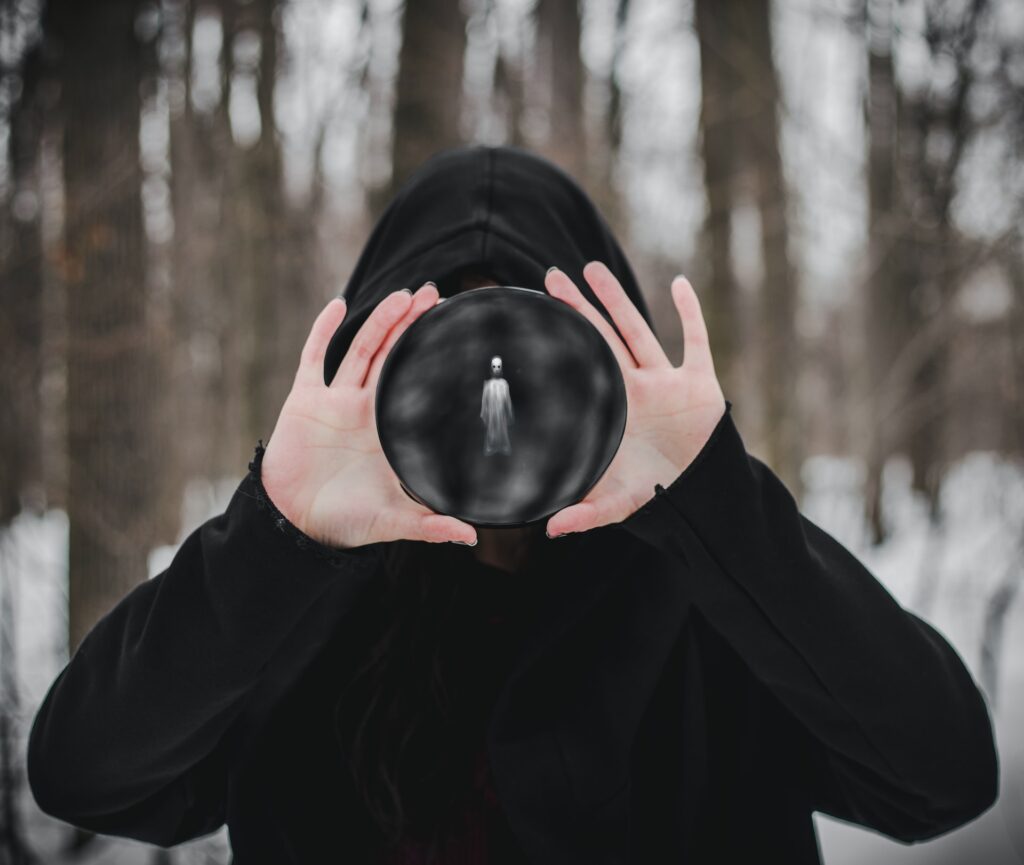A short piece about friends and musical beginnings

Photo by Steve Harvey on Unsplash
14 West 55th.
Concrete, white slab. Glass. It wasn’t always so.
They tore it down to build something new.
Sounds of jackhammers smash and construction workers shout.
Building up and up.
A new edifice to the god in your pocket.
Before now, there were sounds.
Different sounds.
If you listen carefully, you can still hear them, floating up
through the cracks in the rain-soaked sidewalk.
Just audible. Tentative. Probing.
Laughs and clinking beer bottles too.
Wrapped in a coat, Gil humming a ba da doo
Miles, playing the melody on the piano as Bird snores in the corner by his open suitcase.
The gurgling pipes lining the low ceiling seem to accompany the music being made.
Hey, Gerry’s here. And he’s brought us some beer.
He replaces Miles next to Gil.
Miles taps out silent phrases to the floor, as he paces in small circles with his horn.
So many passed through. George, Johnny, Lee and others.
Concrete, white slab. Glass. It wasn’t always so.
They tore it down to build something new.
__________________________________________
This piece was first published in Jerry Jazz Musician. It was inspired by the fabled basement apartment Gil Evans rented in 1947 at 14 West 55th Street that became a sort of hang out for the up and coming New York jazz musicians of the day. You can read about it in more detail here.











